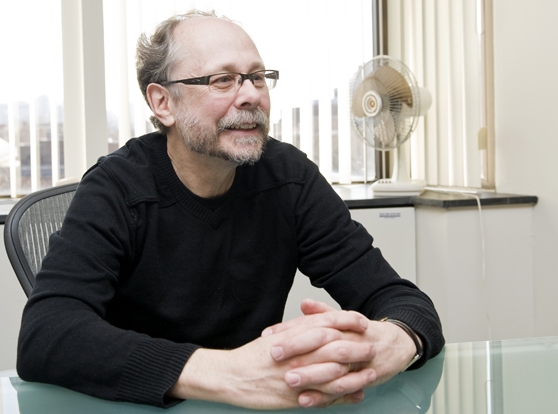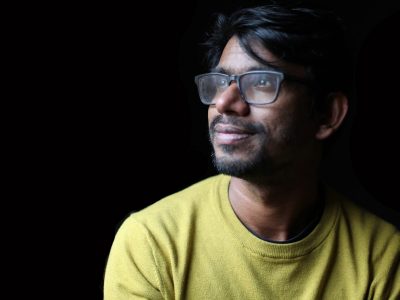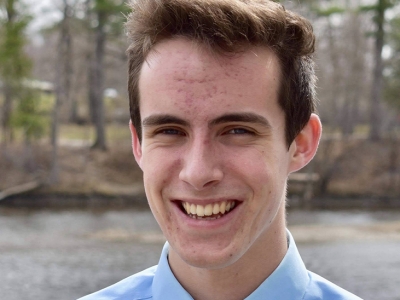By Karen Kelly
This profile was part of the Faculty of Public and Global Affairs’ 75 for the 75th series, which highlighted 75 notable alumni in FPA in honour of Carleton University’s 75th anniversary. These stories were published in 2016 and 2017.
Professor of Economics, University of Pennsylvania
Bachelor of Economics (’77)
Master of Economics (’78)

Jeremy Greenwood’s start in economics wasn’t prompted by a love of mathematics or an illustrious high school career, but by a janitorial job in a department store.
“I was the class clown in high school and never imagined I’d go to university,” recalls Dr. Greenwood. “What woke me up was hanging around other janitors for a year. I got a real feel for what happens if you don’t get a college degree. So I applied to Carleton.”
Once there, Dr. Greenwood soon discovered his passion in economics.
“I loved it from day one at Carleton. The professors were very kind and the classes were extremely inspirational,” he recalls. “Ehsan Choudhri, a very kind and humble person, taught us the latest stuff, which was really quite advanced for an undergraduate class. Richard Brecher shared the ambition, energy and high standards that went into his own research. The ever-enthusiastic Stanley Wong encouraged me to go to graduate school. They were very formative people in my career. But for them, I would have taken a different path.”
Dr. Greenwood also remembers studying in the Loeb Café with another member of the 75 for the 75th, Bank of Canada Deputy Governor Timothy Lane.
“I remember him as the best student in the class,” he recalls.
Despite his early educational disappointments in high school, Dr. Greenwood pursued a master’s degree at Carleton and a PhD at the University of Rochester. He believes he entered the field of economics at just the right time.
“I was too young to realize it at the time, but there was a revolution going on in economics. I could see the fight between the old and the new,” he says. “The new thinking in economics during the 1980s thought of people as rational and inclined to maximize their wellbeing,” explains Dr. Greenwood.
Dr. Greenwood’s research focuses on “family economics,” which applies economic theory to social science questions such as marriage, divorce, fertility, the gender wage gap, married women’s labour supply and social norms.
“For example, having children early may be disruptive to women’s careers and their earnings,” he explains. “Women are now having children later in life, especially given advances in reproductive medicine, and the data show us that having children later has a positive effect on women’s income and careers. This leads to policy questions about whether or not encouraging more flexible work practices may benefit women by allowing them to remain better connected to the office.’’
Dr. Greenwood also studies how assortative mating—a phenomenon in which people find mates from the same socioeconomic class—exacerbates income inequality. This is especially important now that more married women are working and their contribution to family income has risen substantially. But income isn’t the only important factor here. People from the same socioeconomic class tend to share the same ideals.
“Take two wealthy Ivy-League educated parents. If their child has an awful high school math teacher, they might send them to take a university class. Not only does a less educated couple not have the resources, they might not even know those opportunities exist. This kind of scenario perpetuates inequality,” Dr. Greenwood explained in an article for the University of Pennsylvania magazine Omnia.
When asked what he enjoys about economics, he cites the thrill of discovering new things.
“There’s always something on the horizon that you can work on and we have the tools to explore almost any subject area,” he says. “It’s not like we have all the answers, but it’s exciting to look for them.”
Friday, December 16, 2016 in #FPA75, Career Paths, Department of Economics
Share: Twitter, Facebook



